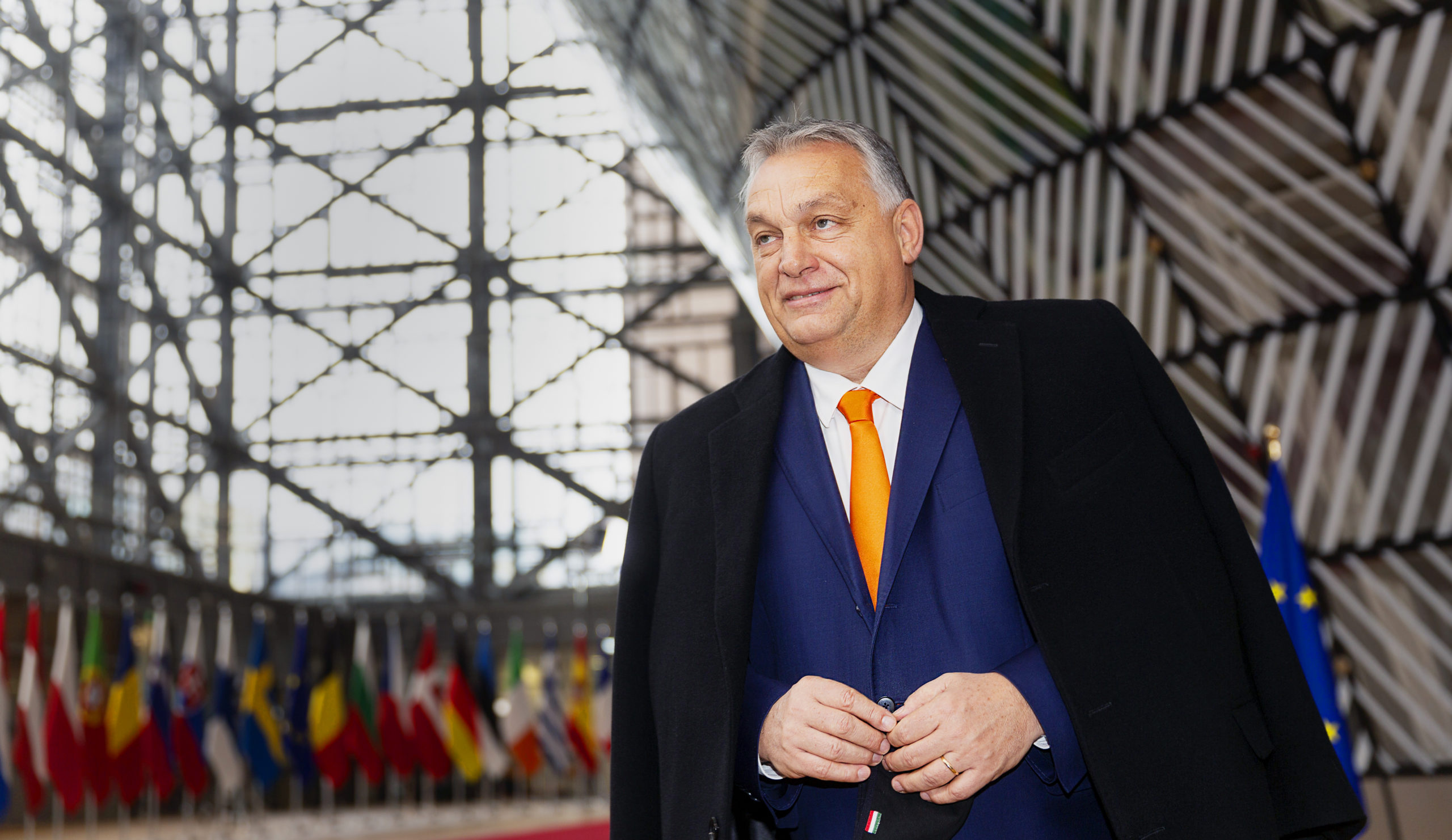After almost a month of wrangling, the EU finally announced a long-awaited ban on Russian oil late last night. European Council President Charles Michel said the ban would immediately affect 75% of oil imports from Russia, “cutting a large source of financing for its war machine.”
Viewed in the cold light of day, though, the embargo falls short. In truth, the deal, portrayed as a compromise between Hungary and the rest of the bloc over the former’s demand that its oil supplies be protected, has little in the way of “compromise” about it. To get Hungary onside, Brussels has caved to Viktor Orbán’s demands, effectively granting Hungary a total exemption for an indefinite length of time.
During fraught negotiations yesterday, Orbán pinned the blame for an acutely embarrassing situation firmly on the European Commission. He claimed that although the Commission agreed not to announce energy sanctions without first getting consent from member states, Ursula von der Leyen’s tabling of a complete ban on Russian oil at the start of May came “out of the blue.”
The proposal also caused consternation among other landlocked central European countries which cannot easily replace Russian oil with alternative seaborne supplies. The Czech Republic, Slovakia and Hungary all rely on oil delivered by pipeline through Ukraine, and governments in Prague and Bratislava were also keen to secure more time to phase out Russian oil.
Preoccupied with projecting unity, the EU chose to exempt all oil delivered by pipeline to Europe rather than carve out specific exemptions for this group of landlocked states. The solution allowed muted trumpeting from the bloc’s diplomatic chief Josep Borrell that “our unity is our strength,” but exempting all pipeline oil only makes the sanctions appear half-baked.
In some ways, it’s hard to argue with Orbán’s assessment that the Commission is to blame for the embarrassing situation. Hungary’s firm opposition to energy sanctions has been plain for all to see since day one of the Russian invasion of Ukraine. The Commission’s decision to announce an oil ban without first sounding out a basic consensus appears to have been a pre-emptive strike intended to pressure Russia-dependent countries into compliance.
The EU then continued to overestimate its leverage. The refrain has been common that although Orbán is a tough negotiator “he always comes around in the end,” and that “Hungary shouldn’t overplay its hand,” in negotiations.
Such assessments were woefully misguided as Orbán knew that he stood to gain little from compromising. Hungary’s standing among traditional allies such as Poland is already shot over Ukraine, while the Commission has taken rule-of-law proceedings against Hungary too far to make a diplomatic olive branch a potential factor in negotiations.
The decision to simply give in to Hungarian demands isn’t a good look for the EU, and it’s an unmitigated victory for Orbán, who posted a gloating message on Facebook from Brussels telling Hungarians that they can finally “sleep in peace” with energy security ensured. The strongman will also find his hero status enhanced among many rural Czechs and Slovaks who see the war in Ukraine as an internal Slavic dispute in which the West has no business getting involved.
Brussels will heave a sigh of relief to see this torrid saga come to an end, but it has exposed how far the EU’s initial unity on Ukraine has splintered. Increasingly hobbled by member states’ different interpretations of the war, the bloc may now be hesitant about taking further steps to starve Putin of funds.










Join the discussion
Join like minded readers that support our journalism by becoming a paid subscriber
To join the discussion in the comments, become a paid subscriber.
Join like minded readers that support our journalism, read unlimited articles and enjoy other subscriber-only benefits.
Subscribe